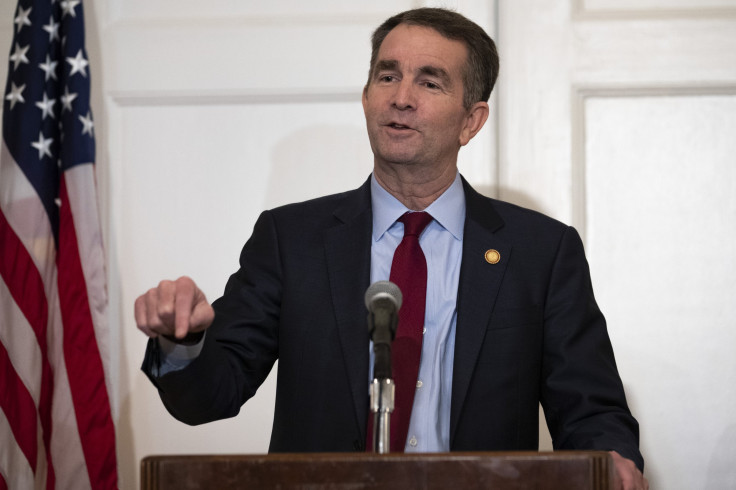Democratic Governor Shakes Up The System, Proposes Far-Reaching Criminal Justice Reform

KEY POINTS
- Northam unveiled a package of criminal justice reforms he wants the Legislature to pass this year
- The reforms include decriminalizing marijuana and increasing the threshold to charge people with felony theft
- Northam is also asking for millions of dollars in funding for public defenders
Virginia Gov. Ralph Northam used the first week of January to unveil a broad set of criminal justice reform proposals he plans to push the Legislature to adopt this year.
"All Virginians deserve access to a fair and equitable criminal justice system," the Democrat said in a statement Friday, touting his plans.
These plans include decriminalizing the possession of small amounts of marijuana. Northam wants lawmakers to decriminalize simple possession, making it punishable only by a $50 civil fine. He is also recommending the Legislature clear the criminal records of those with convictions for simple possession.
In addition, the governor plans to seek a change the felony larceny threshold. Currently, Virginians can be charged with a felony for theft of $500 -- which is actually an increase from the $200 lefel that was in effect before the Legislature increased it in 2018. Northam wants to increase the level to $1,000, putting Virginia on par with North Carolina, New Hampshire, New York and several other states.
In the past year, Northam's administration moved to stop suspending driver's licenses for unpaid fines and fees. Since then, more than 50,000 Virginians have seen their licenses reinstated, and the governor wants the change to be made permanent.
Northam also is seeking parole reform for older inmates. He suggested parole for inmates at least 50 years of age who have served 20 years in prison, or 15 years for inmates at least 55 years of age. He called for prisoners who are either permanently incapacitated or terminally ill to be considered for release, as well.
Finally, Northam is seeking $4.6 million to help fund various reform efforts, including funding for more public defender positions across the state to help reduce caseloads.
© Copyright IBTimes 2025. All rights reserved.





















